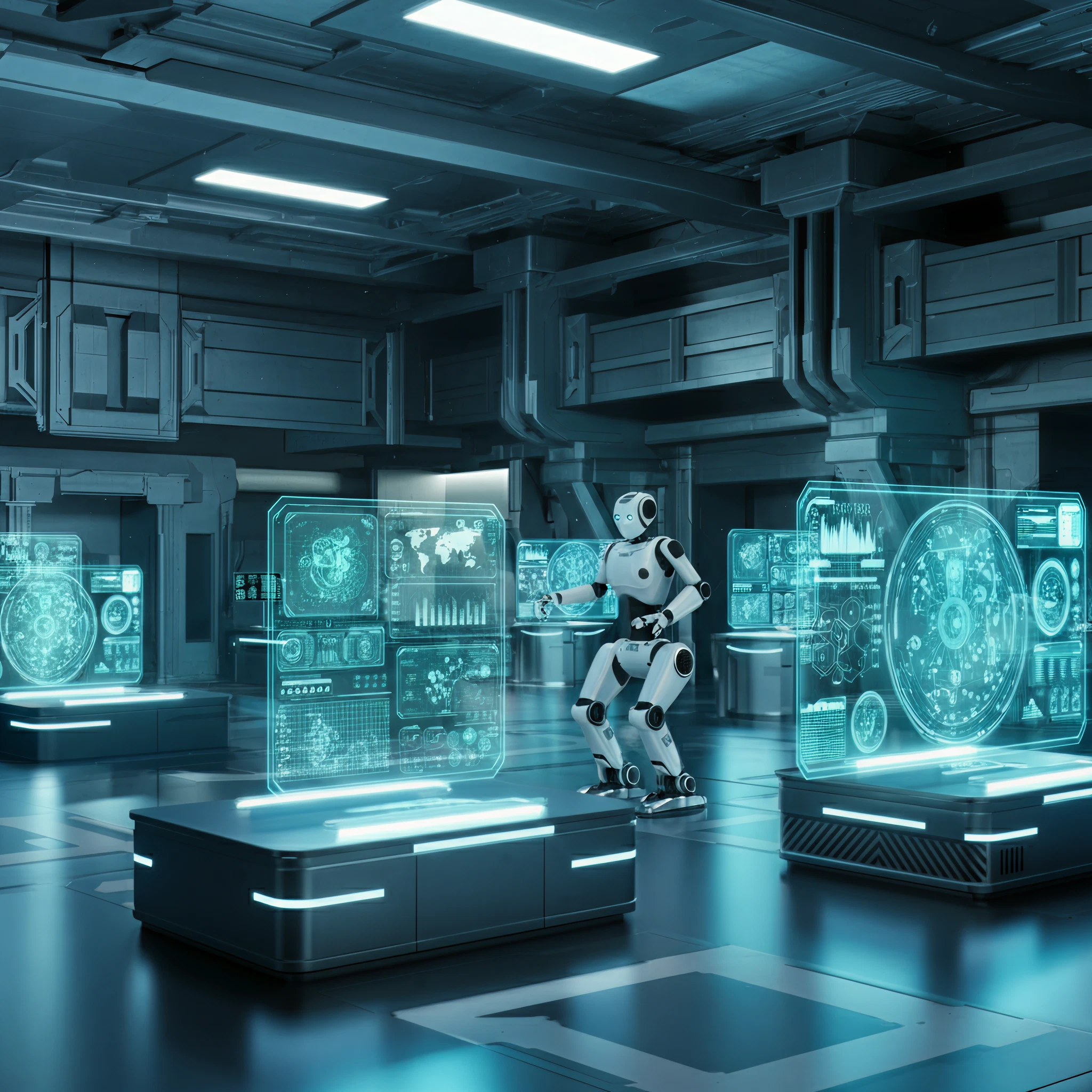Introduction
Artificial intelligence is inching closer to transforming every corner of our lives. At the helm of this rapid evolution is Google’s DeepMind, home to some of the world’s most groundbreaking developments in AI. Recently, Demis Hassabis, CEO of DeepMind, shared valuable insights during a “60 Minutes” interview about the next steps for AI innovation. From the cutting-edge Gemini project to the tantalizing possibility of artificial general intelligence (AGI) and even AI self-awareness, Hassabis painted a picture of what the future holds.
This article unpacks DeepMind’s role in leading these advancements, with a focus on how projects like Gemini and Astra are pushing the boundaries of AI capabilities.
Project Astra and Gemini’s Evolution
One of the key highlights of the “60 Minutes” interview was the demonstration of Project Astra, a DeepMind app currently being tested with select users. Astra introduces a significant leap in AI interaction, boasting enhanced memory features that allow the program to retain key details from past interactions. For example, it remembers elements of a 10-minute conversation for added context and personalization.
Gemini, DeepMind’s flagship AI model, appears to be the next stage of this innovation. Hassabis revealed that Gemini is being “trained to act in the world.” This encompasses practical actions like booking tickets or shopping online, bringing AI beyond simply observing or generating text. Such capabilities suggest that Gemini is steering toward becoming an indispensable assistant embedded in daily life.
The Timeline for Artificial General Intelligence (AGI)
Artificial General Intelligence (AGI), the holy grail of AI, is the frontier where machines achieve human-like intelligence, capable of reasoning and understanding complex concepts across diverse fields. According to Hassabis, AGI may be just 5 to 10 years away.
By as early as 2030, Hassabis envisions a future where AGI systems deeply integrate into our lives. These systems could potentially understand the nuances of human behavior, environment, and emotions at unprecedented levels. However, this vision comes with an acknowledgment of the challenges ahead, including ethical considerations and creating AI that is safe and beneficial for humanity.
What could this mean for businesses and consumers?
AGI could revolutionize industries like healthcare, finance, and education. Imagine an AI system that diagnoses rare diseases, offers personalized financial guidance, or serves as a universally accessible tutor across languages and skill levels.
Self-Awareness in AI
The concept of self-awareness in AI has been a topic of intrigue and debate for years. When asked if Google DeepMind is actively working toward creating self-aware systems, Hassabis responded that it is not a stated objective. However, he acknowledged that “self-awareness may arise implicitly.”
Understanding “self and other” is a critical aspect of advanced AI functionality, where systems can differentiate between their identity and the user’s needs. Hassabis suggested that this could lay the groundwork for AI systems developing characteristics akin to self-awareness.
But Hassabis was quick to draw a line between machine-based behavior and human consciousness. He noted that machines run on silicon, while humans function on a foundation of “squishy carbon matter.” Even if AI exhibits behaviors similar to humans, that doesn’t necessarily equate to experiencing human-like consciousness.
Challenges and Ethical Questions
The potential rise of AGI and the possibility of implicit self-awareness bring forward important ethical and practical challenges:
- Transparency: How do we ensure AI systems remain accountable?
- Biases: How can developers eliminate biases embedded in training data?
- Control: Who decides how AGI is used, and what safeguards are implemented to prevent misuse?
Hassabis and his team acknowledge the importance of addressing these questions as part of AI’s ongoing development.
What Lies Ahead
Google DeepMind’s work with Gemini and Project Astra underscores the company’s commitment to pushing the limits of what AI can achieve. The next steps for these projects involve real-world applications that blur the line between human-like interaction and machine functionality.
Key Takeaways:
- Enhanced Memory Through Astra – With memory capabilities, AI becomes a more personalized tool for users.
- Practical Applications for Gemini – Booking flights or assisting with shopping become seamless AI-driven tasks.
- AGI Is Coming – The ability for machines to achieve human-level intelligence may arrive by 2030.
- Exploring Self-Awareness – Although not an explicit focus, the “understanding of self and other” may lead AI toward implicit self-awareness.
Ultimately, DeepMind is threading the needle between revolutionary breakthroughs and ethical implications. This delicate balance will define how AI integrates into modern society in the years to come.
A Forward-Looking Perspective
The AI revolution is well underway, with enterprises like DeepMind guiding the charge. Whether we’re designing AI to improve daily life or debating its philosophical implications, it’s clear that this technology will profoundly shape the future.
Do you want to stay updated on the latest developments in AI? Follow our blog for further insights and join the conversation about the innovations shaping tomorrow.








